Religion is a powerful force that has the ability to bring people together, provide comfort and guidance, and inspire acts of kindness and compassion. However, when religion is used as a tool for division, it can have devastating consequences for society. Religion has the potential to incite violence and create social and political unrest, leading to conflicts and human rights abuses. In order to maintain a peaceful and just society, it is important to promote tolerance and respect for diverse beliefs and practices.
One example of how religion can be used to incite violence and create division is the sectarian conflict in the Middle East. In many countries in the region, rival religious groups have engaged in violent clashes, resulting in the deaths of thousands of people and the displacement of millions more. This has created a deeply divided society, where religious and ethnic differences are used as a basis for violence and discrimination.
Religious conflict and sectarian violence have long been a source of tension and division in the Middle East, with rival groups using religious differences as a basis for violence and discrimination. One of the most well-known examples of this is the ongoing conflict between Sunni and Shia Muslims in the region. The roots of this conflict can be traced back to the early days of Islam, but it has been exacerbated by political, economic, and social factors in recent decades.
In countries like Iraq and Syria, the conflict between Sunnis and Shiites has resulted in widespread violence, including bombings, assassinations, and large-scale military operations. In Iraq, the US-led invasion in 2003 and the subsequent toppling of Saddam Hussein’s regime led to a power vacuum, which allowed religious and ethnic groups to compete for control. This competition escalated into sectarian violence, with Sunni and Shia militias battling each other for control of territory and resources.
In Syria, the civil war that began in 2011 has also taken on sectarian overtones, with Sunni and Alawite (a branch of Shia Islam) factions fighting against each other. The conflict has created a complex and deeply divided society, where religious and ethnic differences are used as a basis for violence and discrimination. As a result, millions of people have been displaced and thousands have lost their lives.
In Nigeria, religious conflict between Christians and Muslims has also been a source of tension and division. The country has a large Christian population in the south and a significant Muslim population in the north, and the two groups have coexisted for centuries. However, in recent years, religious tensions have escalated, leading to outbreaks of violence, particularly in the northern states. The conflict has been fueled by a number of factors, including competition for resources, political and economic marginalization, and the spread of extremist ideologies.
In many cases, religious leaders and politicians have used religion as a tool to mobilize support and incite violence. This has created a vicious cycle of violence and retaliation, where one attack leads to another, perpetuating the cycle of conflict. The situation has been compounded by the inability of the government to effectively respond to the violence and provide security for its citizens.
The negative impact of religious conflict on society is vast and far-reaching. It undermines social cohesion, hinders economic development, and contributes to widespread poverty and suffering. The displacement of millions of people has created a humanitarian crisis, with refugees and internally displaced persons struggling to find shelter, food, and medical care. Furthermore, the violence and insecurity have made it difficult for aid organizations to operate, exacerbating the crisis.
Another example is the conflict between Hindus and Muslims in India, where religious tensions have led to violence and human rights abuses on both sides. The conflict has been fueled by a range of factors, including the growth of Hindu nationalism and the marginalization of Muslims. In many instances, religious leaders have used their positions of power to incite violence against members of other religious groups, leading to deadly clashes and widespread human rights abuses.
However, tolerance remains a key solution to preventing religious conflicts and promoting peaceful coexistence. By embracing diversity and showing respect for different beliefs and practices, individuals and communities can overcome their differences and build stronger, more united societies. This can be achieved through education and awareness-raising campaigns that promote the importance of respect, tolerance and understanding.
One of the most effective ways to promote tolerance is through inter-religious dialogues, where individuals from different religious backgrounds come together to discuss their beliefs and values. These dialogues provide an opportunity for individuals to learn about other religions and to develop a deeper understanding of their own beliefs. They also help to break down barriers and foster mutual respect and understanding between different communities.
While religion has the power to bring people together and provide comfort and guidance, it can also be a source of conflict and violence. In order to prevent religious conflicts and promote peaceful coexistence, it is important to promote tolerance and respect for diverse beliefs and practices. By embracing diversity and engaging in inter-religious dialogues, individuals and communities can overcome their differences and build stronger, more united societies. Tolerance remains the only way to liberate our minds from the cage of unnecessary hatred we nurse against others and promote a just and peaceful world for all.
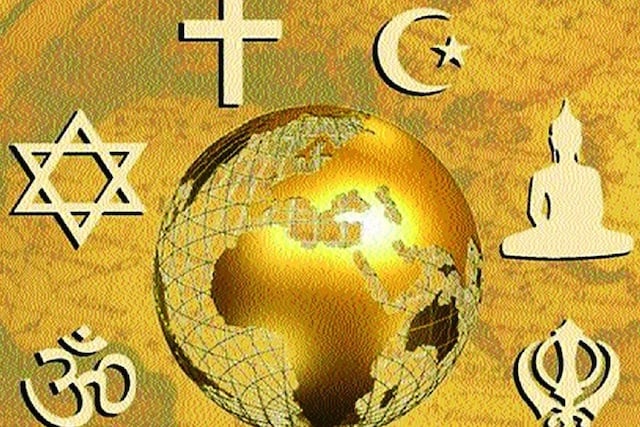
![]()


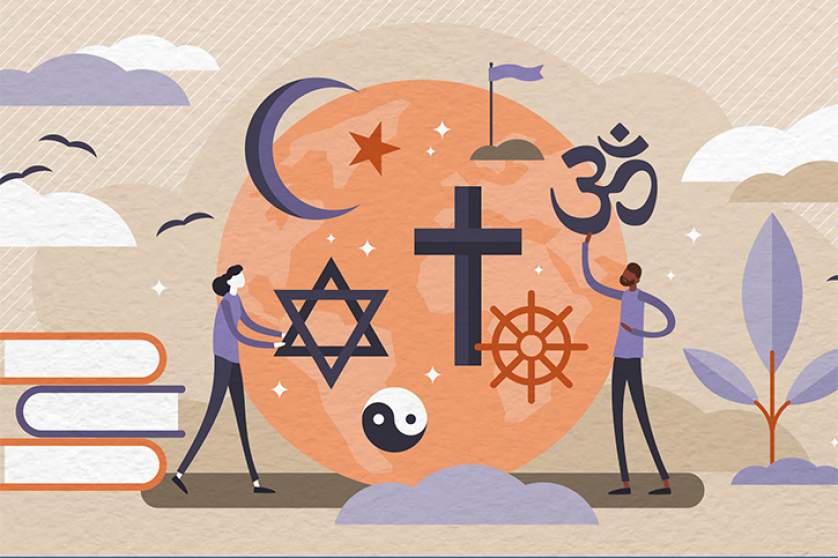



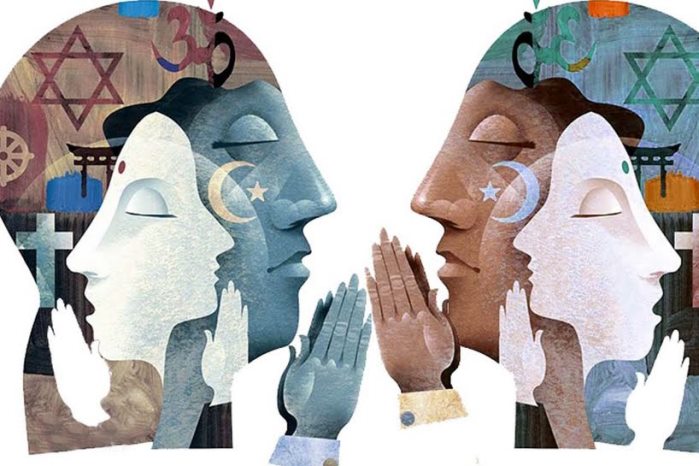
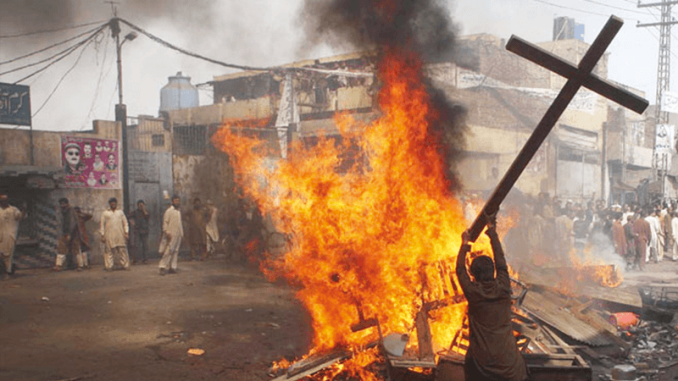


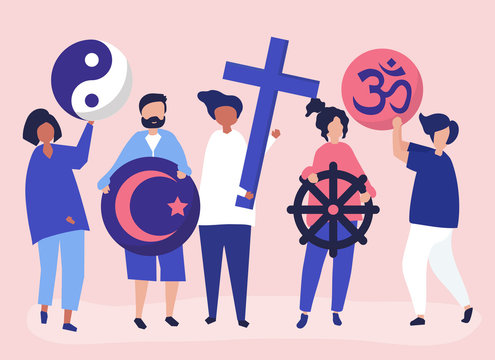
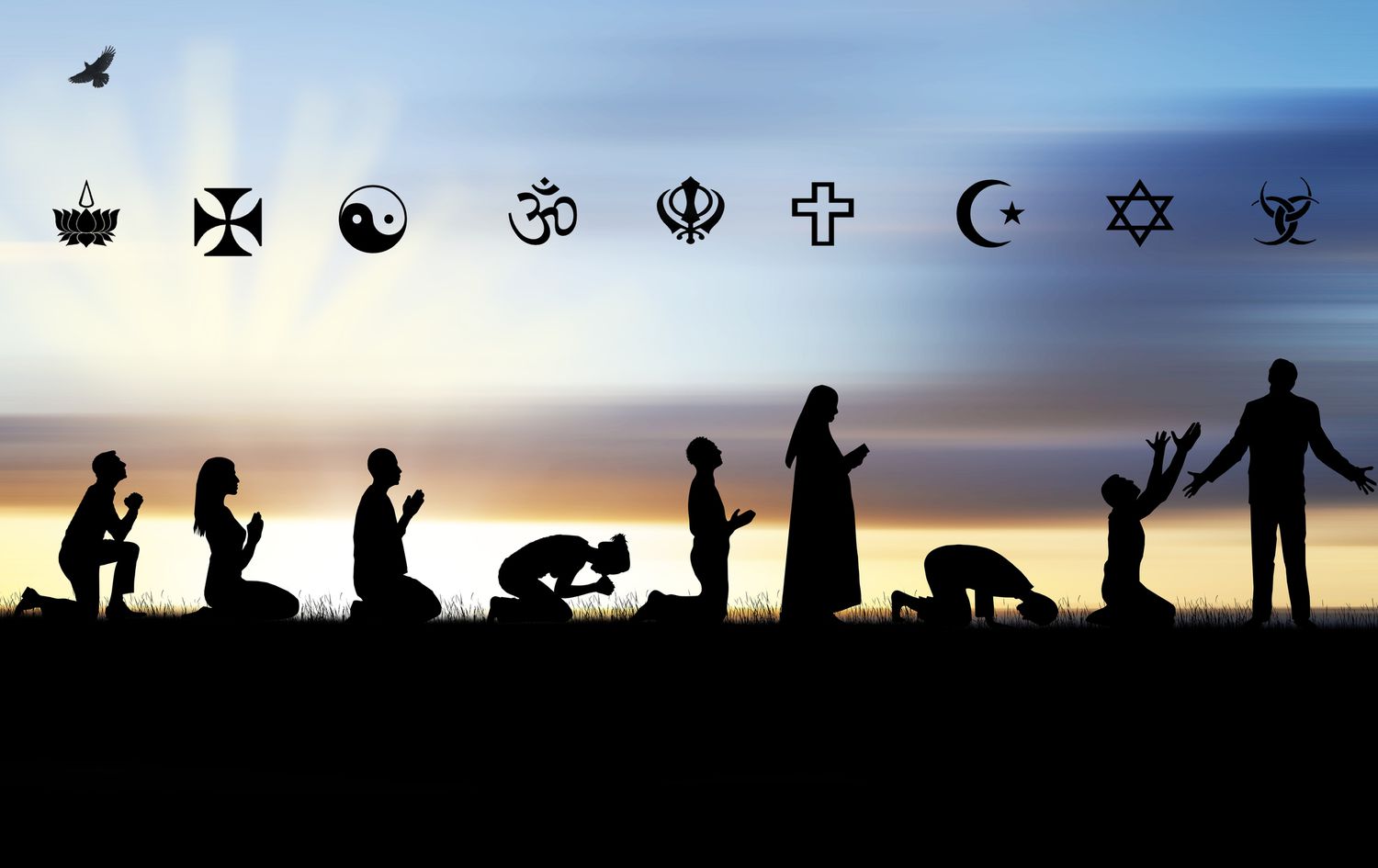
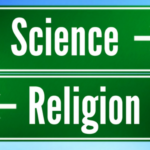


GIPHY App Key not set. Please check settings